Two Rivers Care Training
Caring Hearts, Skilled Hands: Making Lives Better.
At Two Rivers Care Training, our mission is to empower aspiring healthcare professionals with the knowledge, skills, and compassion needed to excel as Certified Nursing Assistants and Home Care Aides. We are dedicated to fostering a supportive and inclusive learning environment that emphasizes excellence in patient care, ethical practices, and professional growth. By combining hands-on training, expert instruction, and a commitment to lifelong learning, we aim to prepare our students to make a meaningful difference in the lives of those they serve.
Register Now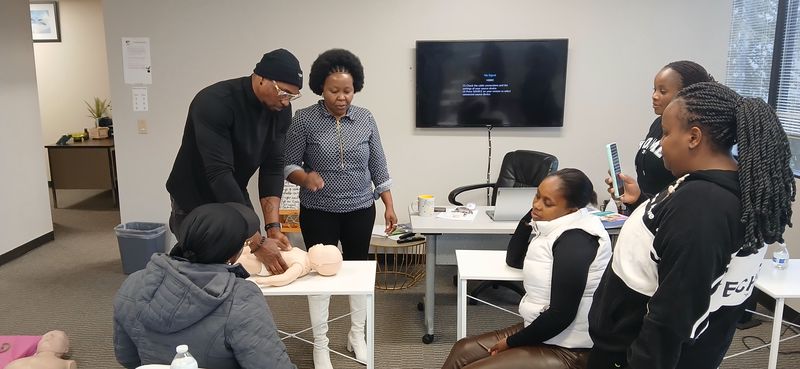
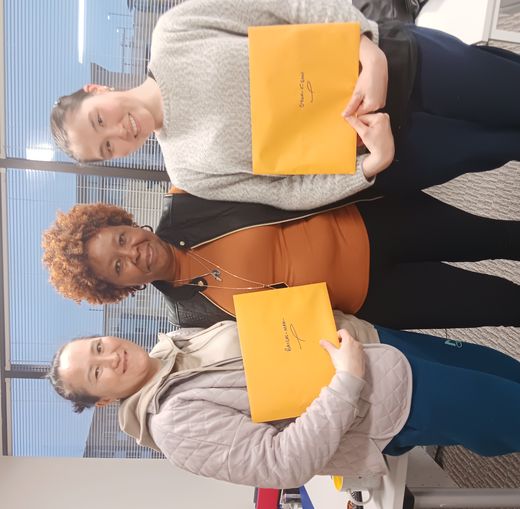
Visit Us
Located at 31620 23rd Ave S, Suite 304, Federal Way, WA, 98003, Two Rivers Care Training is led by a team of experienced healthcare professionals dedicated to providing excellent education and mentorship to aspiring CNAs.
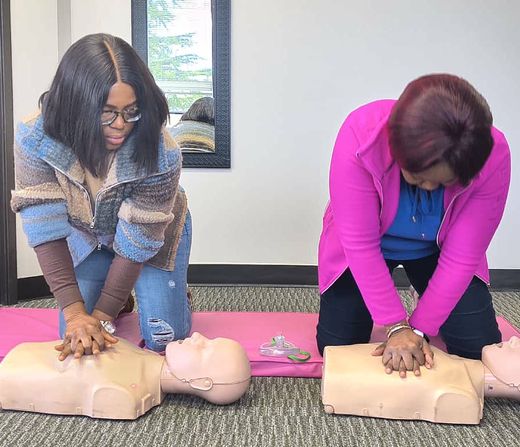
Traditional CNA Program
Our comprehensive 112-hour Certified Nursing Assistant program prepares individuals with no prior healthcare experience for a rewarding career in patient care.
- 37 hours of classroom theory instruction
- 35 hours of hands-on lab skills practice
- 40 hours of supervised clinical experience
- In-person instruction with experienced RN educators
- Complete preparation for NAC state certification exams
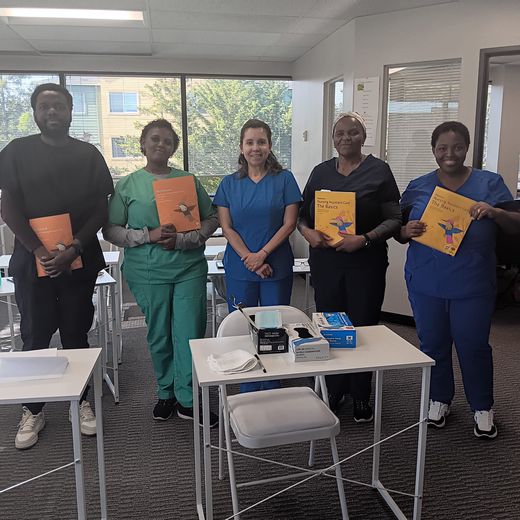
HCA to CNA Bridge Program
An accelerated 44-hour program designed specifically for current Home Care Aides who wish to expand their skills and advance their healthcare careers.
- 20 hours of essential nursing assistant theory
- 16 hours of advanced skills laboratory practice
- 8 hours of supervised clinical experience
- Flexible hybrid learning format with online and in-person options
- Recognition of prior HCA experience and knowledge
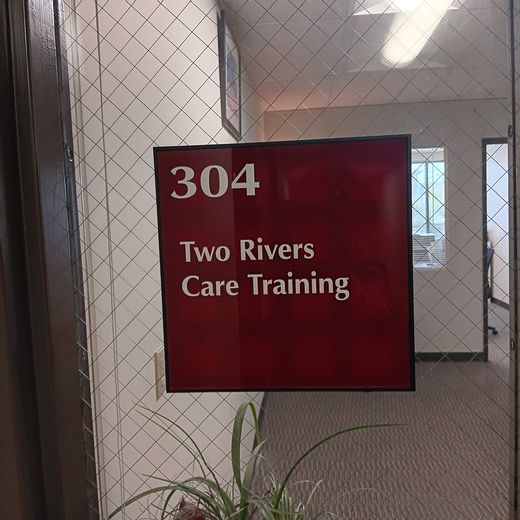
Home Care Aide (HCA) Program
Start your healthcare journey with our Home Care Aide program, providing foundational skills for supporting clients in their homes and community settings.
- Training in personal care assistance and activities of daily living
- Instruction on supporting clients with disabilities and chronic conditions
- Safety protocols and infection control procedures
- Communication skills and professional boundaries
- Preparation for HCA certification and employment opportunities